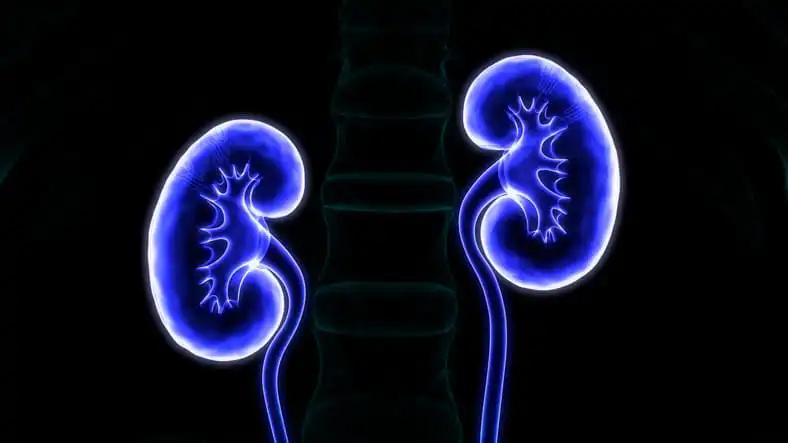KEY TAKEAWAYS
- The study aimed to explore ERCC gene expression’s link to prognosis and validate ERCC2’s role in bladder cancer.
- The ERCC gene family, particularly ERCC2, shows promise as a potential target for cancer treatment due to its association with tumour development and progression.
Single nucleotide polymorphisms (SNPs) within DNA repair genes can disrupt DNA repair mechanisms, potentially causing genetic instability and increasing the risk of cancer, including bladder cancer. The Excision Repair Cross-Complementation (ERCC) family is crucial for nucleotide excision repair, but its impact on bladder cancer prognosis and the immune microenvironment is not yet fully understood.
Siyang Zhang and the team aimed to characterize the ERCC family’s multi-omics profile and investigate its roles in tumour prognosis and the immune microenvironment.
Researchers conducted a bioinformatics analysis using publicly available data from 33 cancer types to examine the association between ERCC gene expression, patient prognosis, and clinical characteristics. The study also included in vitro assays, specifically CCK-8, colony formation, wound healing, and Transwell assays, to validate the role of ERCC2 in bladder cancer.
Analysis revealed a correlation between ERCC expression variations across multiple cancer types, patient prognosis, and the tumour microenvironment (TME). After adjusting for multiple testing using the Benjamini-Hochberg procedure, ERCC expression levels remained significantly correlated with patient prognosis in several cancer types (P< 0.05).
Furthermore, drug sensitivity studies indicated a strong correlation between ERCC expression and the sensitivity of various anticancer drugs. In vitro cell behaviour assays demonstrated that knocking down ERCC2 gene expression significantly inhibited the proliferation, migration, and invasion of bladder cancer cells.
The in-depth analysis of ERCC differential expression and its association with immune-related indicators, the distinctive TME, and patient prognosis has confirmed the potential role of ERCC2 in bladder cancer development and progression. Consequently, the ERCC gene family is anticipated to be a promising candidate for cancer treatment and warrants further exploration.
This work was supported by the Taizhou Science and Technology Program.
Source: https://pubmed.ncbi.nlm.nih.gov/39192988/
Zhang S, Guan Z, Xia Q, et al. (2024). “Bioinformatics analysis of ERCC family in pan-cancer and ERCC2 in bladder cancer.” Front Immunol. 2024;15:1402548. Published 2024 Aug 13. doi:10.3389/fimmu.2024.1402548



